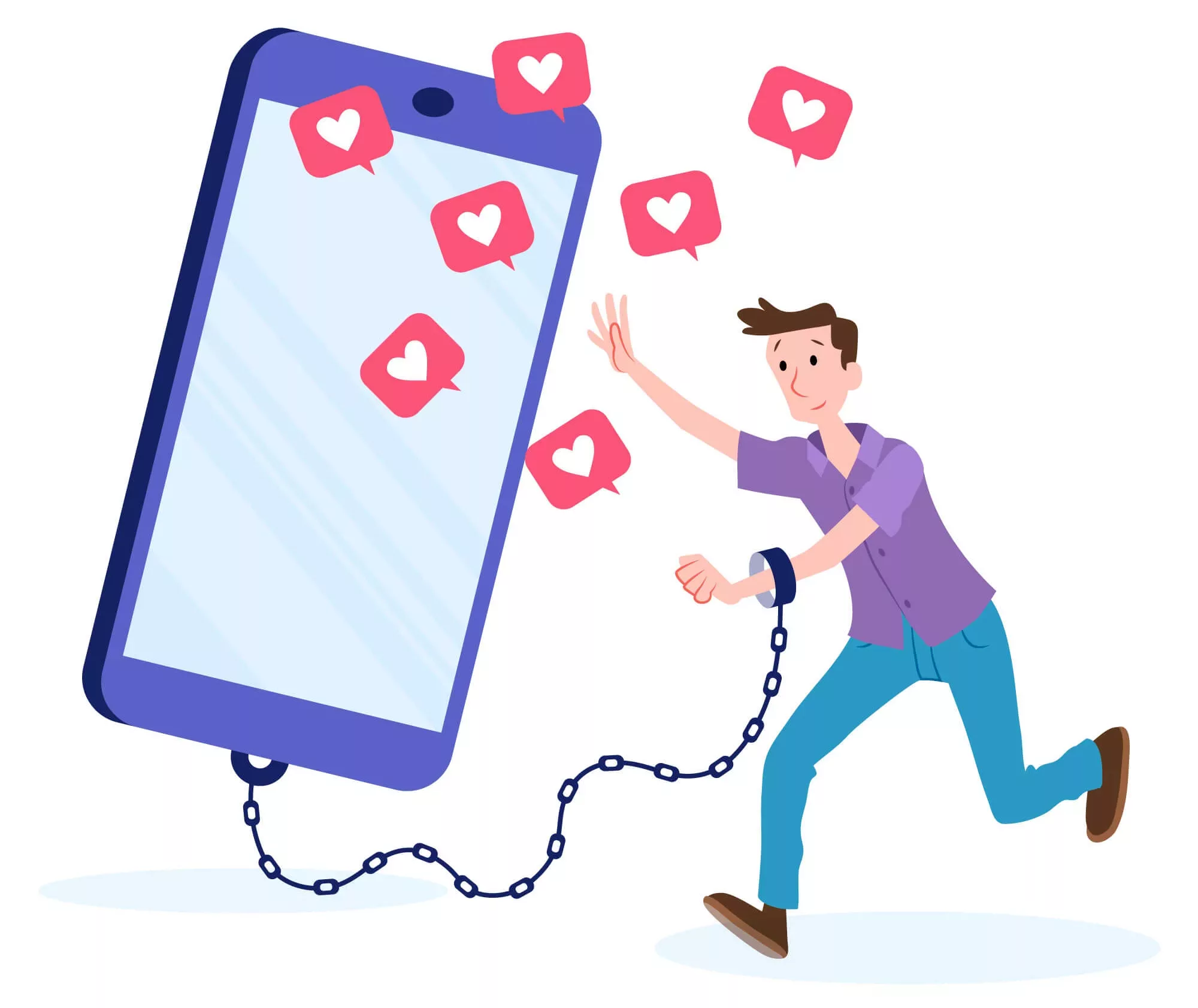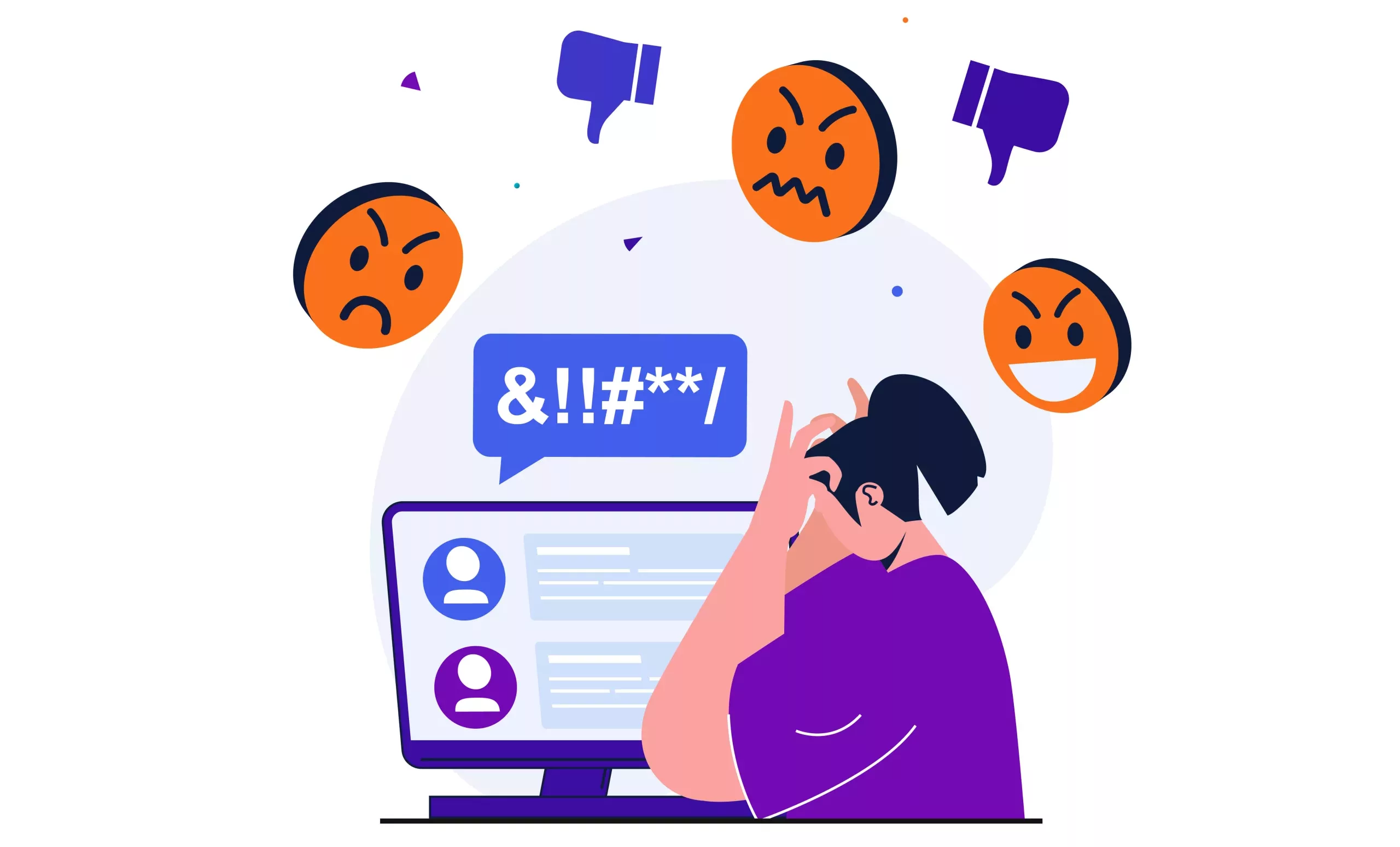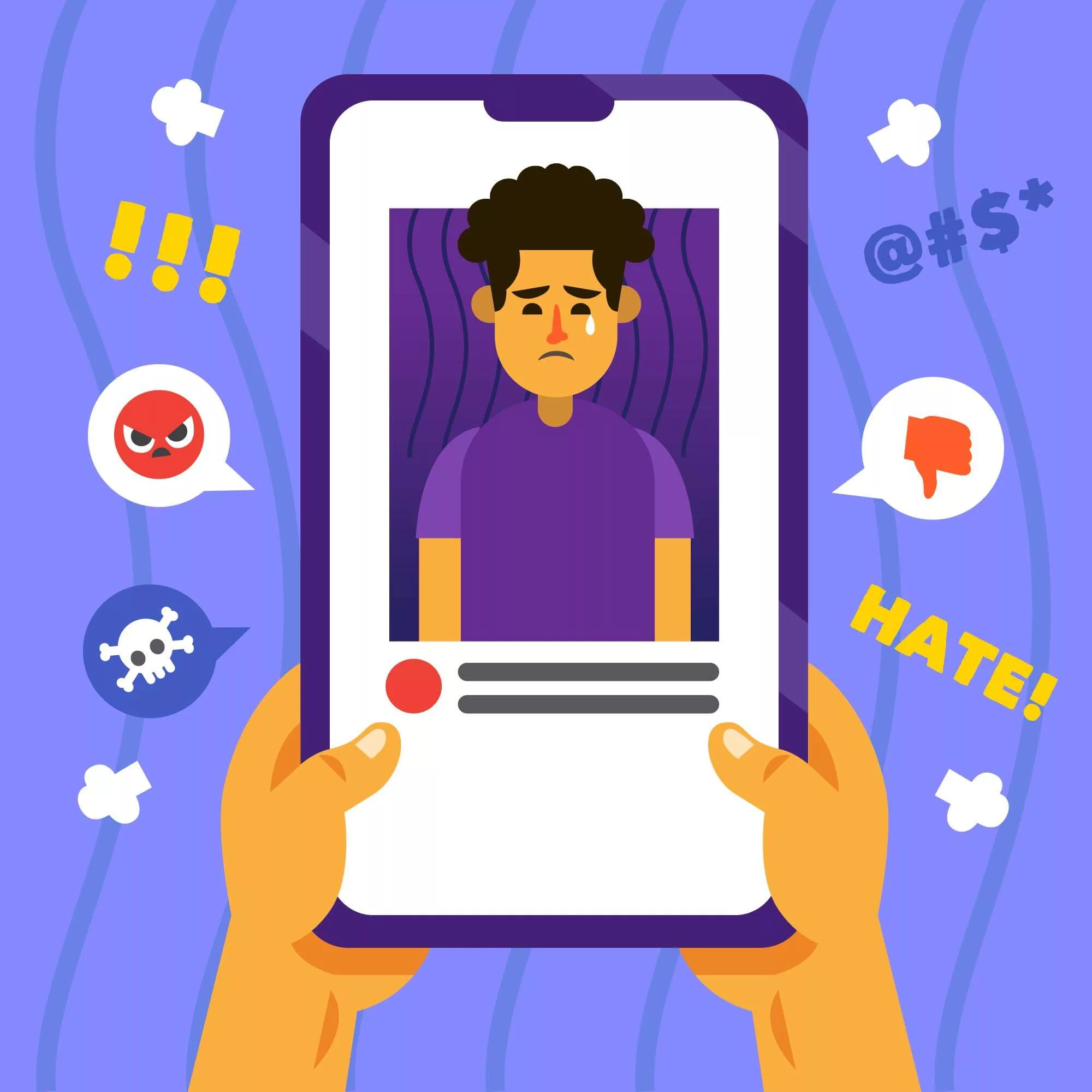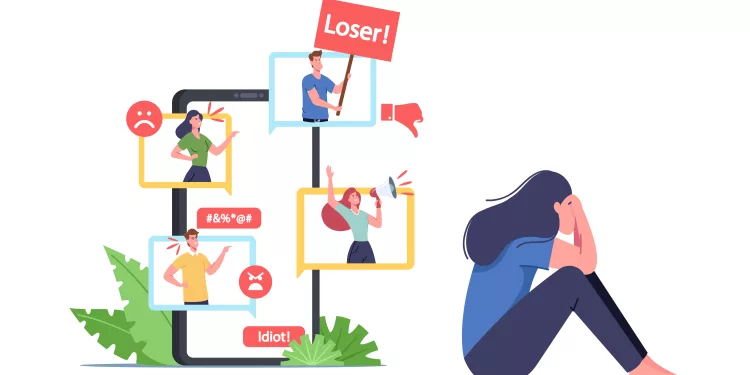In online communities, comments are unfiltered and interactions are anonymous. Building an online community can be rewarding, but trolls and negative comments can be expected. Trolls intentionally offend or disrupt others. Negative comments, however, can harm the community or its members. Today in this article we will share light on how to handle negative comments and trolls on YouTube to build a safer online community.
Trolls intentionally post comments or messages online to start a fight or disrupt a conversation. They can be mildly annoying to abusive and take many forms. Some trolls want attention, while others are malicious. Trolls often argue, make personal attacks, post off-topic comments, and use vulgar or inflammatory language.
Trolls may use multiple accounts to fake widespread support or avoid bans or blocks. Remember that trolls want attention, so responding to their comments or arguing can make things worse.
Avoid taking trolls in your community personally and stay calm. If their behavior is disruptive or harmful, block or ban them from your platform on this site.
What Negative Comments Do to Your Community?

Negative comments can affect your community short and long-term. They can lower morale, participation, and brand reputation. Negative comments can also create a toxic environment that hinders communication and idea sharing.
To keep your community safe and inclusive, set behavior rules. This includes respectful communication, constructive criticism, and appropriate language rules. Setting clear behavior expectations can help prevent negative comments and build a supportive community.
Negative comments should also be addressed. Responding to the comment or contacting the person privately can address their concerns. Addressing negative comments constructively and respectfully can help prevent community disruption.
Understanding trolls and negative comments is crucial to online community management. Recognizing troll behavior and setting clear rules can help create a positive and supportive environment for all members.
Establishing Community Rules

Websites and social media platforms need a positive, safe online community to succeed. Establishing clear behavior guidelines helps manage trolls and negative comments. By setting expectations and consequences for violations, you can foster respect and support.
1. Setting Clear Behavior Expectation
Be specific and concise when setting behavior guidelines. Avoid ambiguous language and broad statements. Provide clear guidelines for posting, commenting, and online discussion behavior. It can prevent misunderstandings and negative comments or trolling.
A community code of conduct with values and expectations is also helpful. Respecting diversity, avoiding hate speech, and encouraging constructive dialogue are examples. Establishing clear values and expectations can help create a welcoming and inclusive community.
2. Promoting Positive Interactions
Setting clear guidelines and encouraging positive community interactions are crucial. This can foster respect and support, reducing negative comments and trolls. Ways to promote positive interactions include:
1. Celebrating successes: Sharing community members’ positive experiences can inspire others to behave well.
2. Promoting community: Encourage members to share their perspectives and connect with each other.
3. Offering feedback and collaboration: Member feedback on the community and its guidelines and collaboration on projects or initiatives are encouraged.
What Can You do in Guidelines Violation?

Even with clear rules and a positive culture, some members may break them. A system of consequences is essential to deter bad behavior and protect the community. The consequences may include:
1. Warning: A warning can remind members of the rules and allow them to correct their behavior.
2. Blocking: Blocking a member’s account after a warning can deter future violations.
3. Banning: In extreme cases, a community member may be banned to protect others.
Enforcing consequences consistently can deter bad behavior and make online communities safer. Online communities are great for sharing ideas, connecting with others, and having meaningful conversations. Sadly, some people try to disrupt these communities by trolling.
1. Knowing Common Troll Techniques
Troll tactics must be identified to address negative behavior. Trolls often insult or degrade individuals. Off-topic comments can also derail conversations.
Arguing is another way trolls get others to feel something. Remember that not all negative behavior is trolling. Sometimes people just disagree or don’t understand community rules. A pattern of negative behavior from an individual may indicate trolling.
2. Responding to Trolls and Criticism
Responding to trolls and negative comments requires a plan. Ignore the comments and avoid the troll. This can work because trolls crave attention and may lose interest if they don’t get a response. focus on your own well being and family.
Respond with a calm, rational voice to set the community’s tone. When responding, address the issue, not the negative commenter. This can de-escalate the situation. Responding to trolls can be emotionally draining. If you’re getting angry, take a break from the conversation.
3. Ban or Block Users
Maintaining a positive and safe online community may require banning or blocking users. Users who repeatedly break rules or abuse others may be included.
To avoid confusion or backlash, have a clear policy for banning or blocking users and explain the decision to the community.
Banning or blocking should not be the first step. Try to talk to the person and give them a chance to change before taking these steps. If the behavior continues, drastic action may be needed.
Identifying and addressing trolls is crucial to online safety and positivity. Recognizing common troll tactics, having a plan for responding to negative behavior, and knowing when to ban or block users can help create a welcoming and supportive community.
How Can you Help and Empower Community Members?

A positive online space requires a strong and supportive community. Community managers must empower and support members. Additional ways to empower and support community members:
1. Encourage Open Communication and Reporting
Maintaining a safe and inclusive community requires encouraging open communication for mental health to avoid trolls. Members who feel comfortable reporting negative behavior can identify and resolve issues before they escalate.
Create a channel or forum where members can report negative behavior or ask for help to promote open communication. Make this reporting system simple and accessible to members. Thanking members for reporting negative behavior can also encourage them to speak up.
2. Dealing with Trolls Resources
Trolls and negative comments can plague online communities. Supporting members with troll resources can empower and reduce vulnerability.
Consider setting rules for handling negative comments and behavior. These guidelines should cover reporting bad behavior and constructively responding to trolls. Provide links to support groups or hotlines for members experiencing harassment or abuse.
Your community should also foster support. Encourage members to seek support from each other and let them know they can come to you.
3. Recognizing Achievements
Celebrate positive contributions and successes to build a supportive community. When members feel valued, they contribute more to the community.
Regularly highlight positive comments or contributions. You can also award community leaders with a “member of the month” title.
Finally, recognize and celebrate community accomplishments. Encourage members to celebrate each other’s successes by sharing milestones. To create a positive, inclusive online space where everyone feels valued and supported, support and empower your community members to live a happier life.
Conclusion
Online community trolls and negative comments can be difficult to manage, but not impossible. Establishing clear guidelines, encouraging positive interactions, identifying and addressing trolls, and supporting and empowering community members can create a positive and supportive online community.
Remember to stay calm, rational, and consistent when handling negative behavior and focus on creating a positive culture that values and supports everyone.

